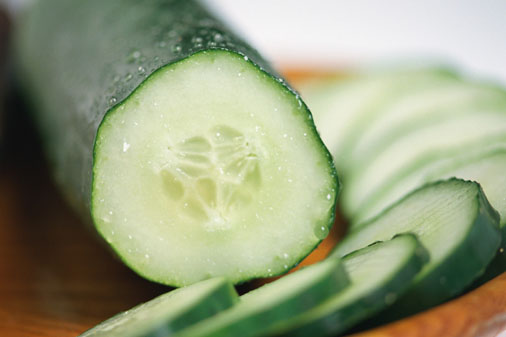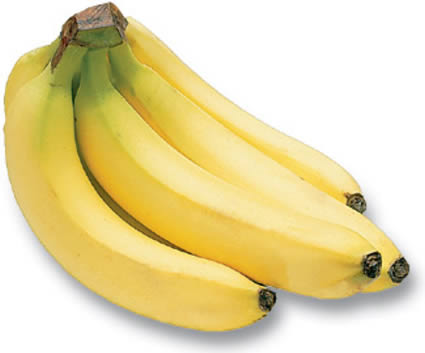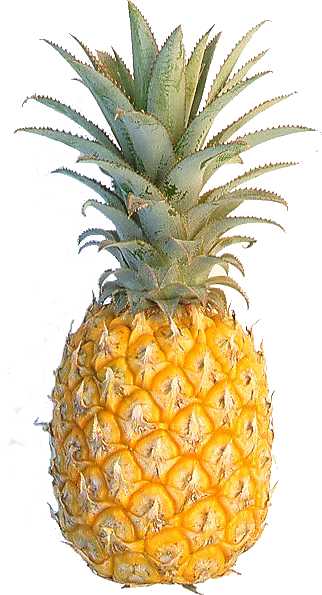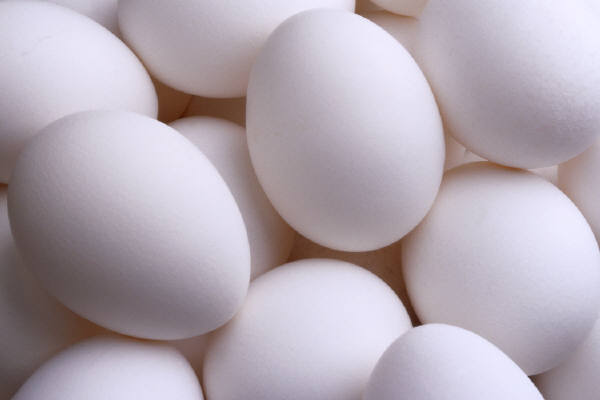
Minerals are vital part of diet which have major role in various biological activities occurring in the cells and tissues of body. Besides, they also have tier role in maintaining immunity as well as health of cardiovascular systems. There are almost 60 minerals found in the body, however, only 22 of them are said to be essential. Minerals can be acquired by different sources like fruits, animal products as well as vegetables. They, however, are also now being provided by the drug companies in the form of tablets or such other medicines.
Plants also require minerals which they acquire directly from earth soil when you eat the plants (especially green and leafy vegetables you get the required mineral to the larger extent. Various sources of minerals are naturally found, however, they can also be synthesized in laboratories.
Food and Nutrition Board lays down the standard of daily intake of mineral by one individual which is referred to Recommended Dietary Allowances or RDA in short. Based on the RDA, minerals are divided into two broad categories:
Major minerals: Those minerals which are required by the body up to 100 mg on daily basis. These include calcium, magnesium, phosphorus, etc.
Trace mineral: Those which are required less than 100 mg a day are trace minerals. These include copper, iodine, chromium, etc.
Best sources of minerals have been described here:
Milk
Milk is the biggest source of various minerals or milk salts (as they are known). It contains a large number of minerals both major and minor. A variety of cations and anions found in bovine mils are excellent dietary minerals. It is most abundantly food source of minerals. One cup of cow milk (approx 250 ml) has 285-300 mg calcium. A full glass (medium or above medium size) of milk meets your daily requirement of minerals. Milk can be equally consumed by both men and women equally. However, while consuming milk, it should be kept into mind that it is naturally prepared milk and not by the hormonal injection in the body of milk producing animal.
Cheese
Well, this is the food you always liked. Right! Some of the potential minerals available in cheese include calcium, phosphorus, iodine, sodium and zinc minerals are also found in traces. One portion (30g) of cheese provides 32% of RDA of calcium for children. It can be taken with bread or in specific recipes. It is easily available on shops selling dairy products. However, excess of it can cause fat problems. People having problems like diabetic should avoid it.
Green leafy vegetables
Vegetables are rich in various nutrients. A number of minerals are found in green vegetables. Vegetable like collard greens have most required minerals by the body like copper, calcium and potassium. Even a single cup of collard greens meets upto 70% minerals RDA. Vegetables are widely available in every part of the world. 100 gm of well cooked leafy vegetables like spinach, lettuce, mustard greens would get you the best results for dietary minerals. If consumed in the appropriate RDA, it hardly shows any side effect.
Cucumbers
Cucumbers are most widely used green vegetables. However, they are among the best dietary mineral sources. They are mostly consumed as supplementary diet like salad, jam, etc. It is rich in various minerals which are vital for maintaining eyesight strong, bright skin, strong hairs, etc.
Some of the prominent minerals in cucumbers include iron, potassium, sulphur and sodium. A cup or 104 gms or 15.60 calories of cucumber contains potassium, magnesium and manganese at 152.88mg, 13.52mg and 0.08 mg respectively. All these collectively account for 2% of RDA for cucumber. These can be consumed raw. Cucumber can be consumer both male and female. If consumed appropriate, it doesn’t show any side effect.
Banana
Banana is most widely available fruit being consumed all across the world. It contains a number vitamins and minerals which provide strength to the body and make the bones strong. It is the biggest source of potassium. Besides, certain other minerals which you can acquire from this fruit contain sodium, calcium, magnesium and phosphorus. Trace minerals include iron, manganese, copper, zinc and boron. A couple of banana provides you sufficient requirement of minerals on daily basis. Bananas can be consumed both as a fruit (ripe) as well as vegetable (raw). It can be taken as supplement food by both men and women. It is good for health in all respects, however, people suffering form sugar problems should avoid this fruit.
Pineapple
Pineapple is a vital source of minerals. Some of the abundantly found minerals in pineapple include potassium, manganese and magnesium and vitamin C. It is a widely available food almost across all the continents and regions. Pineapple can be consumed both as fresh ripe fruit or it can also be consumed in frozen or canner form. Besides, pineapple juice is also a good method to acquire minerals and vitamins found in the fruit.
Eggs as source of minerals
Eggs are rich in various nutritional substances not just in minerals and proteins; it also contains a plethora of fats, vitamins and amino acids. It is due to high nutritional value that having two eggs (boiled or cooked) is the perfect diet as specified by the health body WHO. Major minerals found in eggs include zinc, selenium, iodine and phosphorus. Eggs can be taken as a vegetable or just as breakfast like omelets. Eggs are widely available and are recommended for all male, female, kids, adults and young. However, raw eggs if eaten in excess can cause disorders like salmonella and acidity.
Red meat
Meat is abundant in almost every party of the world. Right form US to UK to Asian countries it is easily available. Common meats include beef, poultry, lamb, pork, liver are highly rich in Iron, A building block for RBCs. Meats also have minerals like calcium, phosphorus, zinc, selenium (an antioxidant). Normally red meat intake should be near about 70g (2.50z) that is 500 g a weak. Excess meat can cause conditions like pancreatic cancer.
Seafood
Seafood is also an important source of minerals which can be predominantly found across the regions which are located across the coastal areas like sea and oceans. Fish contain the most vital mineral for the body that is calcium. Smaller verities of fish like salmon are especially rich in this valuable mineral, calcium. Other sources which contain minerals include oysters, (zinc, iron, copper), crabs (copper), lobster (copper).
Potassium is found in the fish verities like muzzles, clams and scallops, etc. Sea food can be consumed twice a week or more. However, those who have digestive problems should not go in for seafood quite frequently.




